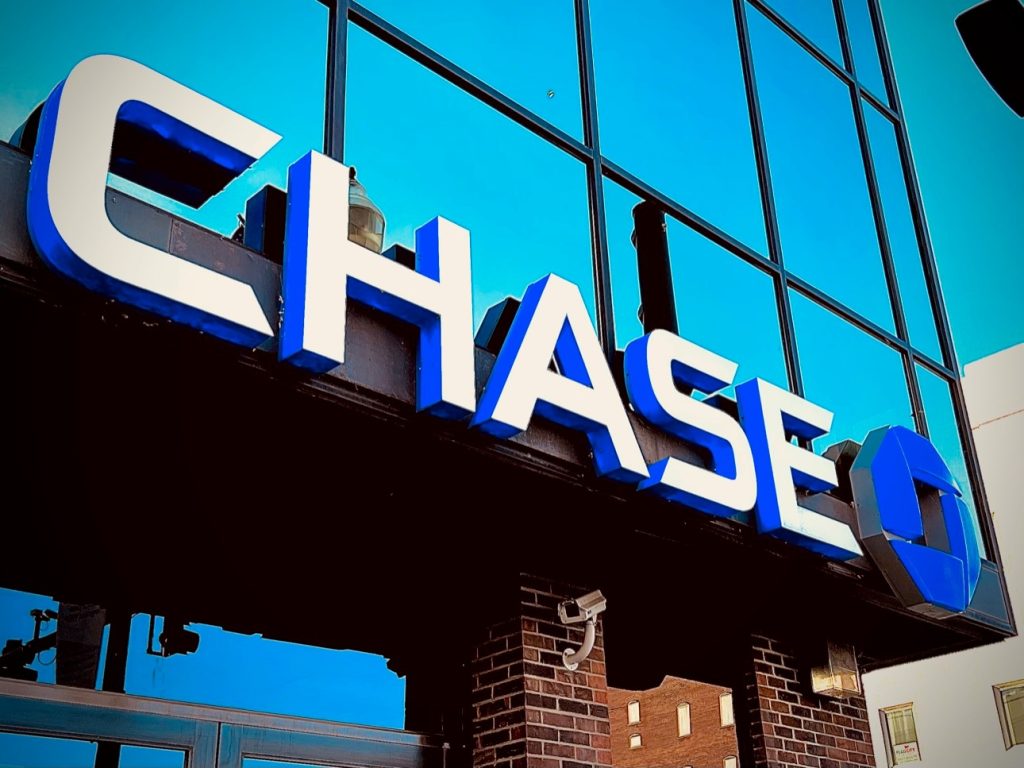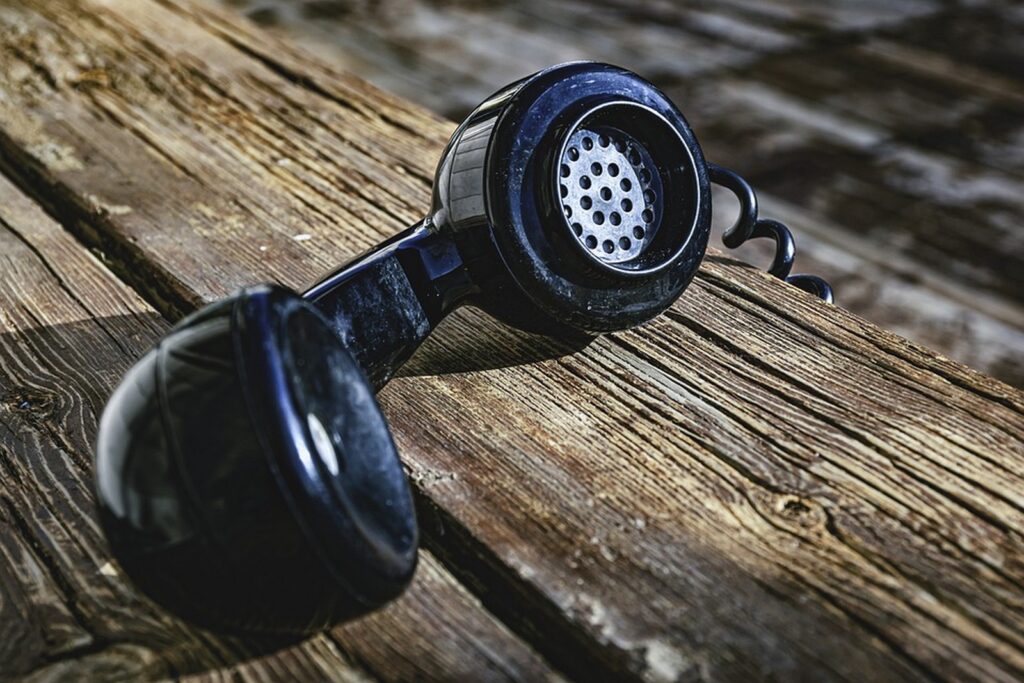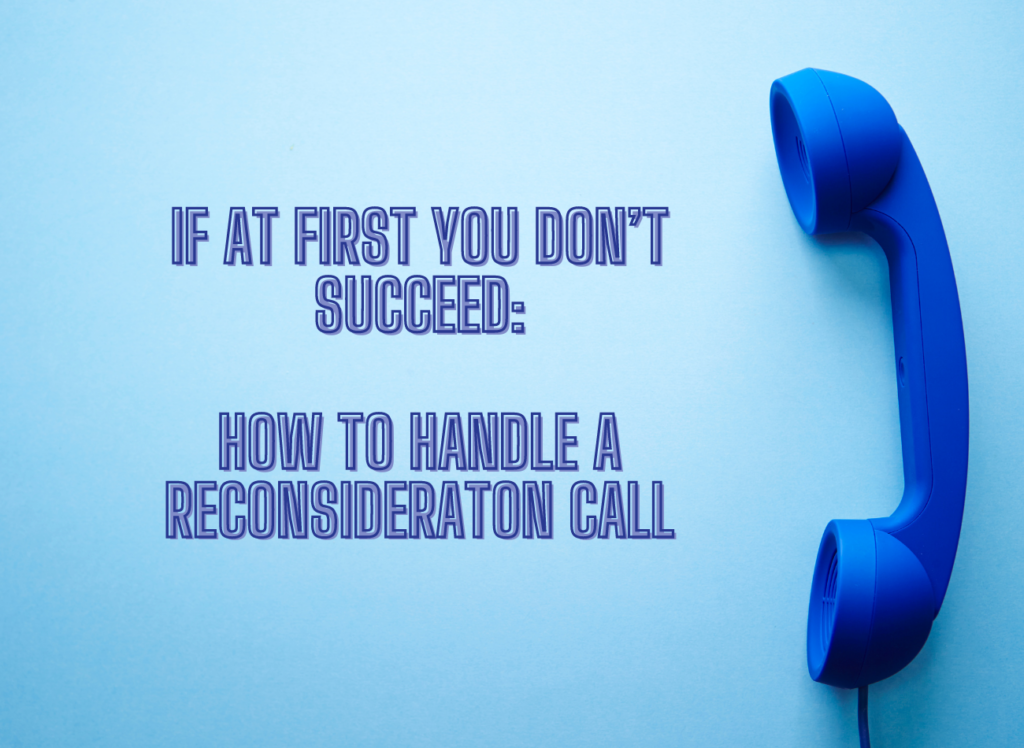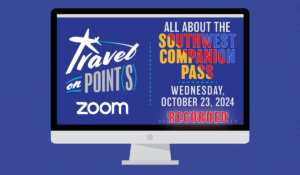Credit Card Reconsideration Call
No one likes rejections, let alone for a new credit card. Unfortunately, it can happen, even to those with great credit scores and sterling credit histories. But an initial denial is not the end of the road. Banks offer reconsideration lines for us to address any factors that may have led to that initial denial. With proper preparation and the tips we outline below, you can knock your next credit card reconsideration call out of the park.
Table of Contents
ToggleWhy Was My Application Denied?
To succeed in a reconsideration call, you must learn why you were denied for the card in the first place. Banks can reject credit card applications for many reasons.
These can include a low credit score, too much credit extended from that particular bank, too many accounts opened recently, or not meeting the bank’s own set of application rules, such as Chase’s famous 5/24 rule.
Although rejection stinks, we should not take it personally. Initial applications are processed entirely by computers and their algorithms. That is where reconsideration calls can help. By speaking with a live person, you can address or eliminate the factors that led to the initial rejection and have that decision overturned.

Credit Card Reconsideration Call: When Should I Call Reconsideration?
We recommend calling the reconsideration line as soon as you receive a denial notice explaining why your application was rejected. Credit card applications typically stay open for about 30 days. This means the bank will reconsider your application within that 30-day window.
If you call the bank after 30 days, you will likely have to apply all over again. This can lead to a new credit pull, and possibly a different sign-up bonus if the bank has changed the offer since your initial application.
Another major benefit of calling reconsideration sooner is that if you get a phone agent who is not very helpful or sympathetic, you have time to hang up and call again. Also, if you are still denied following your reconsideration call, you can try again before the 30-day window closes. In fact, we have tons of data points in our Facebook group of folks succeeding after as many as 4 or 5 reconsideration calls.
The sooner you call reconsideration, the sooner you can address the reasons why your application was rejected. And if you end up approved, you will receive your card sooner and can start working on minimum spend earlier. All this also allows you to stick with whatever long-term plans you have for opening new cards.
We do not recommend calling if your application is pending review. Sometimes, banks say they need a little more time to process your application, instead of instantly approving or denying. This is not always a bad thing and you can still be approved without needing to call.
Also, calling reconsideration will not help overturn a bank’s application rules. For example, if you are over 5/24, calling Chase reconsideration will not change the outcome of your application. The same goes for each of the other bank's rules.

Will Calling Reconsideration Affect My Welcome Offer?
Typically, no. Terms of credit card applications are usually set on the date of the original application. This means that if you apply on May 1 but are only approved through a reconsideration call on May 20, the offer terms in place on May 1 should dictate.
So if a bank lowers a welcome bonus after your application but before your approval via reconsideration, you should still receive the original welcome offer in place at the time of your initial application. To be safe, we recommend confirming this with the representative during your reconsideration call.
How Should I Prepare For My Reconsideration Call?
Before calling, review the denial letter and pull up your most recent credit report. The rejection letter can tell you what to expect from the call. Having your credit report is helpful in case the bank has an issue with something on your credit report.
Of course, if you see any errors in your credit report or the rejection letter, be sure to address those during the reconsideration call as well.
If your reconsideration call is for a business credit card, be ready to answer questions about your business.

What Should I Say Or Not Say During A Reconsideration Call?
Think of a reconsideration call like meeting a significant other’s parents for the first time: you should make yourself sound as great as possible without lying. If you lie and get caught, that will sour the relationship forever. And you don’t want to say things that will make you sound like you have ulterior motives, like “I only want this card for the welcome offer.”
Before volunteering any information, simply start by saying that you recently applied for the particular credit card and you were surprised to see your application was denied, and that you would like to learn about why that happened and possibly have the decision reconsidered. In response, the representative should mention the main factor or factors that led to the initial rejection. From there, you should try to address the concerns raised as best as you can.
Offer To Move Credit
If the bank says you already have too much credit with them, consider asking whether you can move some credit from an existing credit card onto the new one. For example, let’s say you have two Chase cards, each with a $20,000 credit limit. Try asking if you can move $5,000 or $10,000 from one of those cards onto the new one. Chase commonly agrees to do this among its credit cards.
Too Many Cards Opened
If the bank says you have too many credit cards open (regardless of how recent or old they are), you can point them to your history of paying all of them on time and your great credit score. Highlight the fact that you will continue to be a responsible customer with this new card as with your other cards, and will pay the new credit card off on time every month.
Be Prepared To Answer Why You Want This Card
If the bank asks why you want the credit card, consider mentioning one or two perks of the card that could be valuable to you. If you have other cards with that bank, mention how the new card complements your line-up. Just don’t mention the welcome offer. Banks want a long-term relationship with you.
Credit Card Reconsideration Call: A few last words of wisdom
Be polite. Like everything else in life, people are more inclined to help us when we are polite and respectful. We want something the representative on the line can help us achieve. There is no reason to be rude, impatient, or snarky.
Try to establish a rapport with the representative. Ask how their day is going. If they ask how you’re doing, respond with something pleasant or cheerful, instead of a one-worded answer. This helps set the tone for the conversation.
If at first you don’t succeed, then dust yourself off and try again. As with any other phone call with a bank, remember to hang up and call again (HUCA) if you don't get the answer you want. Some representatives simply aren't as helpful or knowledgeable about their policies.
Share your data points! Reconsideration calls are not an exact science. We all can learn from each others’ experiences. Share your story and the outcome with your friends in the points and miles world and with the ToP community on our Facebook group. We have several stories of successful credit card reconsideration calls in the group. Be sure to check those out before your next call!

Reconsideration Numbers for Each Bank
Below are the reconsideration lines for each bank. Some banks, like Capital One, don't really have a reconsideration line. But as a famous branch manager once said about a great hockey player, you miss 100% of the shots you don't take.
American Express Credit Card Reconsideration
- Personal or business, for new accounts: 877-399-3083
- Personal or business, for existing accountholders: 866-314-0237
Barclays Credit Card Reconsideration
- 866-408-4064
Capital One Credit Card Reconsideration
- (800) 625-7866
Chase Credit Card Reconsideration
- Personal: 1-888-270-2127
- Business: 1-800-453-9719
Citi Credit Card Reconsideration
- Personal: 800-695-5171
- Business: 800-763-9795
Discover Credit Card Reconsideration
- 888-676-3695
U.S. Bank Credit Card Reconsideration
- 800-947-1444 or 800-685-7680
Wells Fargo Credit Card Reconsideration
- 1-866-412-5956 or 1-800-967-9521
ToP Thoughts: Credit Card Reconsideration Call
A denial letter for a new card application is not the end of the world. With these pointers, you'll have a better chance of overturning a denial and receiving a fresh new card in the mail. Please share your data points in our Facebook group so we can learn from each other!








